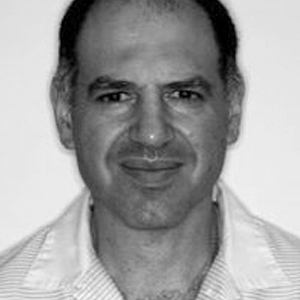A mini guide for doctors and dentists on claiming the Employers’ NI allowance
Following on from our March
article advising how you can claim your £2,000 NI allowance this year, Figurit have more information in this mini guide about Employers NI and how it applies to doctors and dentists. Take a read and make sure you are making an accurate claim:
You may already be aware of the £2,000 that employers can claim each year against National Insurance contributions for your staff. This is a new initiative from the government to promote employment.
After reading this article, if you need any further advice and support, the team at Figurit is only too happy to help. We have already sent details on this topic via email to all our healthcare clients so as to keep everyone informed on how this particular allowance works but this delves in a little deeper again.
The exact nature of your business
There is a principle rule in the legislation relating to the business function, specifically if the function is wholly or mainly of public nature. For doctors and dentists, functions are considered “mainly of public nature” if over 50% of your work is carried out on NHS or General Practitioner (GP) services.
When calculating whether your business function exceeds the 50% limit, the following factors can be considered:
1) Number of employees conducting activities of public nature OR
2) Percentage of time spent on these activities OR
3) Turnover generated from these activities
For example:
A dental practice has 5 dentists, 2 nurses, 3 receptionists and a cleaner. The dentists are all partners in the practice and NHS patients make up 90% of their work. There is no entitlement to the Employment Allowance, due to the fact that the majority of the work done, is wholly or mainly of a public nature.
Practical tip
After making the calculations, if you are in the category where over 50% of your business is carrying out functions of a public nature, the allowance (unfortunately) is not available to you as an employer.
If this is the case in your circumstances, you should advise your payroll bureau, or whoever is responsible, to not claim this amount.
Otherwise, proceed with claiming your allowance – read this
article to find out the facts and how to make a claim.
Who can claim?
In addition, it is worth clarifying exactly who can claim.
Self employed – Yes, but only if you have employees and your business pays employer Class 1 NICs on your employees’ earnings. As self employed it is important to understand that you are not an employee of your own business so if you work independently, maybe as a self- employed dental associate or a medical consultant then this allowance doesn’t apply.
Partnerships
Yes, but only if your partnership pays employer Class 1 NICs on your employees’ earnings.
Limited companies
Yes, but only if your limited company pays employer Class 1 NICs on your employees’ or directors’ earnings.
Please call us if you’d like any more help or information: 020 7376 933.






